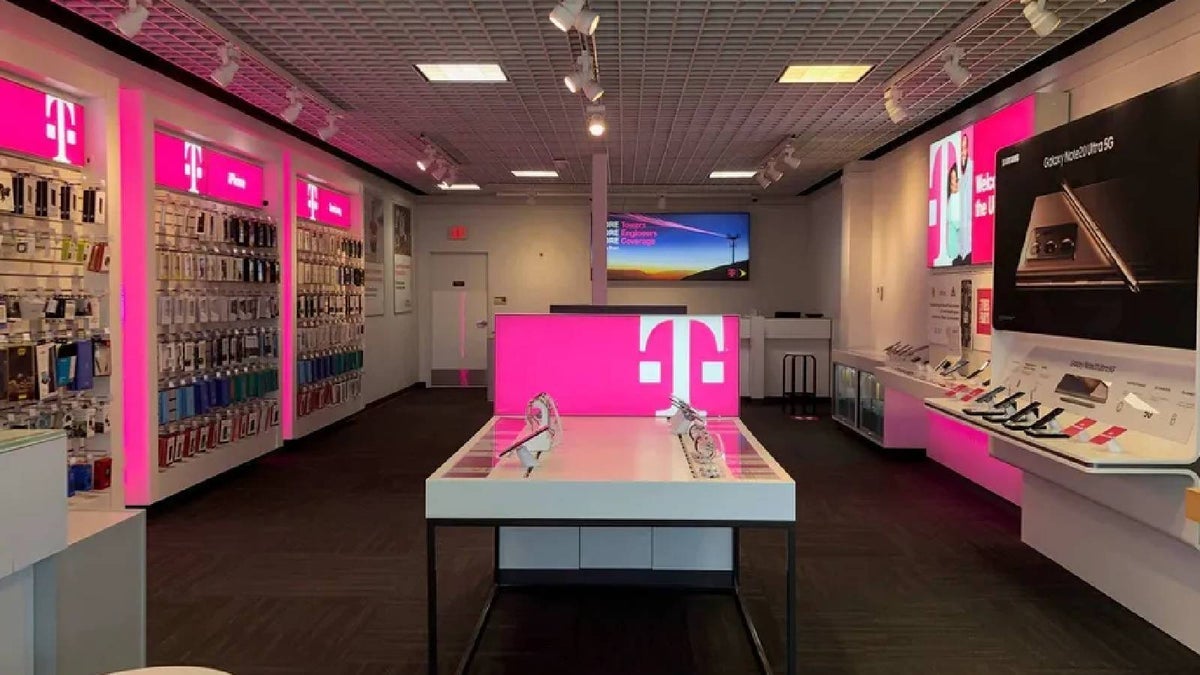T-Mobile's UScellular Deal Delayed by FCC Commissioner Shortage

Regulatory approval awaits restoration of commission quorum
T-Mobile's $4.4 billion acquisition of UScellular assets faces delays due to staffing shortages at the Federal Communications Commission (FCC). The transaction, announced in May 2024, was expected to close by mid-2025 but remains pending as the FCC currently lacks the minimum three commissioners required for a quorum. The deal includes UScellular's wireless customers, retail stores, and spectrum assets, with T-Mobile paying $2.4 billion in cash and assuming $2 billion in debt.
The FCC's operational limitations stem from the June departures of Democratic Commissioner Geoffrey Starks and Republican Commissioner Nathan Simington, leaving only Chairman Brendan Carr and Commissioner Anna M. Gomez in office. The commission normally consists of five members appointed by the President and confirmed by the Senate, with no more than three permitted from a single political party. Commissioner-designate Olivia Trusty, confirmed by the Senate on June 17 with a 53-45 vote, is scheduled to begin her term on July 1, which would restore the necessary quorum.
KEY POINTS
- •FCC lacks quorum to approve deal
- •New commissioner starts July 1
- •Transaction likely closing by September
The regulatory delay also affects UScellular's planned spectrum sales to AT&T and Verizon, which similarly require FCC approval. Once the commission regains its quorum, it will be able to vote on these telecommunications industry transactions. Trusty's arrival will establish a 2-1 Republican majority on the commission, potentially influencing the regulatory approach to these pending telecommunications deals.
Analysts anticipate the T-Mobile-UScellular transaction will likely close in August or September 2025, assuming the FCC quorum is restored as expected. The spectrum assets involved in the deal include airwaves in multiple frequency bands: 600 MHz, 700 MHz A Block, PCS, AWS, 2.5 GHz, and 24 GHz (mmWave). Industry observers note that T-Mobile previously received FCC approval for its significantly larger $26 billion Sprint acquisition during the first Trump administration, suggesting this comparatively smaller transaction may face fewer regulatory hurdles once the commission returns to full operational capacity.